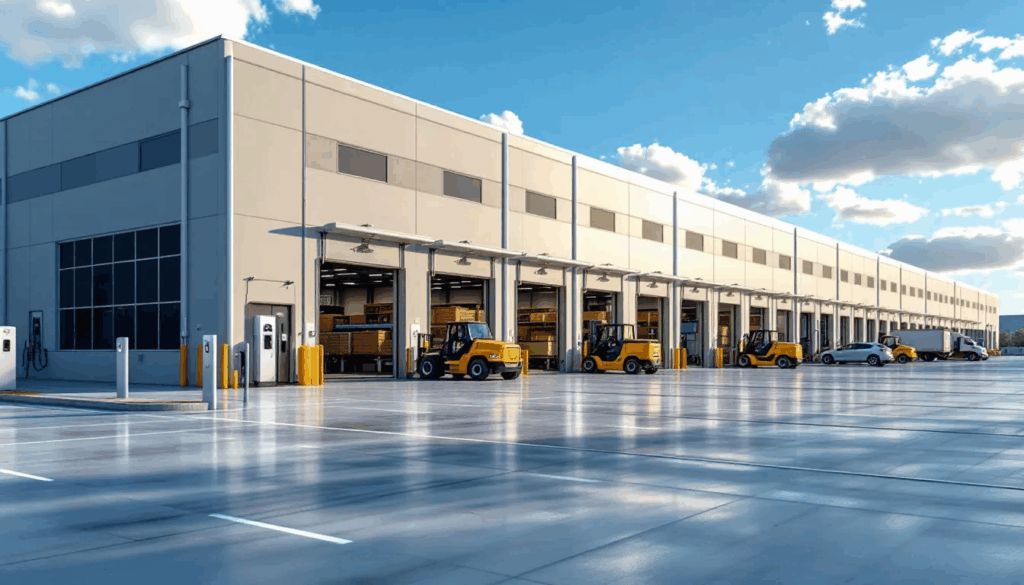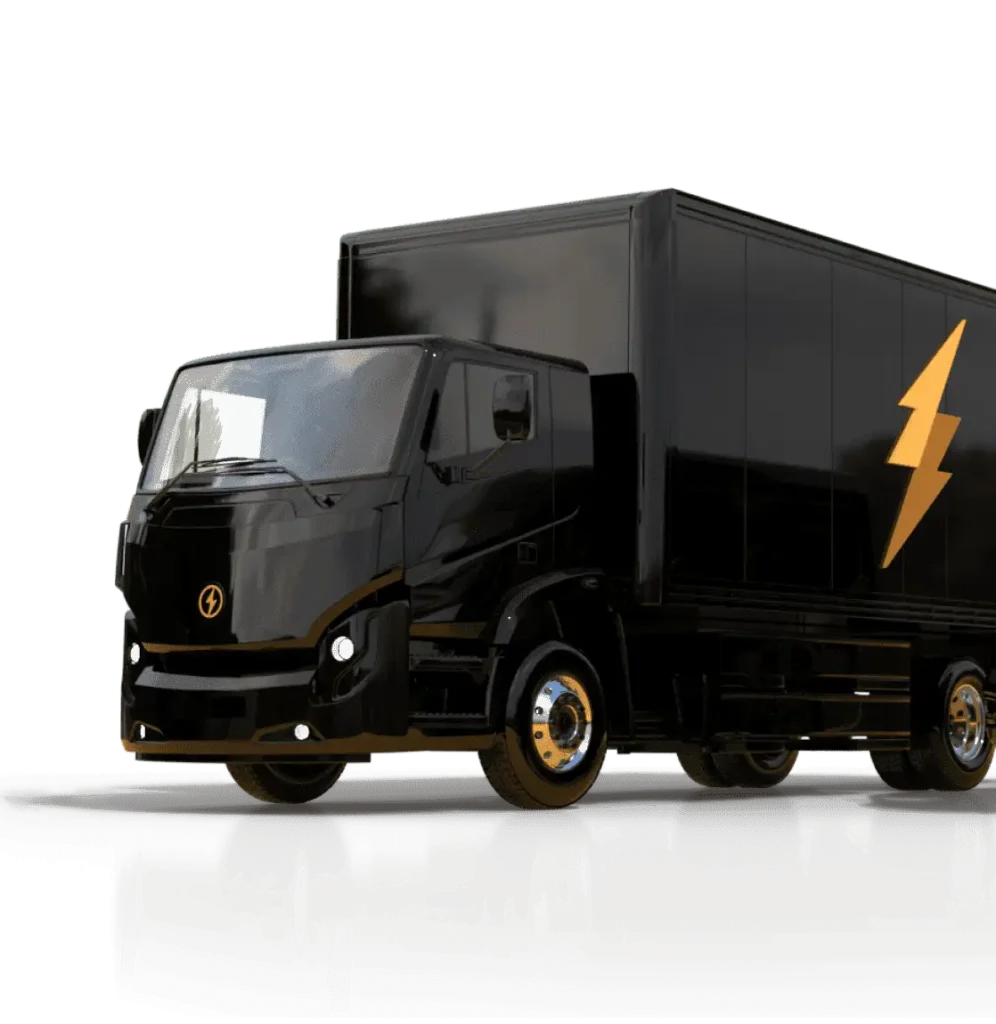The retail and ecommerce industry is on a journey toward sustainability that’s being driven by the sector’s most important agents of change: consumers. In fact, 60% of shoppers rank sustainable practices as an important buying factor, spurring brands to ask: Are we on a sustainable path? Are we doing our part to reduce our environmental impact? Are we helping our shoppers offset their impact by lowering their own carbon footprints?
More and more brands have begun implementing planet-positive initiatives that align with shopper preferences. Some examples include utilizing packaging made from recycled materials, moving toward renewable energy sources, and adopting reusable bags and digital receipts. Every green practice makes a difference, and brands have the power to raise the bar in every corner of their business – including how products get delivered to their environmentally conscious shoppers.
If you’re wondering whether your third-party logistics and fulfillment partner shares your focus on sustainability, or what your company can do to ensure a sustainable last mile delivery, here’s a primer on where to begin.
Look under the hood of your last mile provider’s fleet
Your company’s last mile delivery can have a big impact on sustainability. When partnering with a carrier, their measurements of efficiency and emissions can sway your goals in a positive or negative way. Look to a provider’s fleet for answers. Have they adopted the use of electric vehicles? Or are they powering their fleet with alternative fuels? If they aren’t, are there other measures being taken to sequester or offset their emissions?
An important note: in the world of logistics and clean energy, electric vehicles are on the rise, especially as gasoline prices climb and demand for e-commerce delivery grows. With delivery vehicles projected to increase by 36% in inner cities by 2030, now’s the time to consider the impact shipments have on emissions.
Changes are already afoot in the freight and last mile delivery industries in the form of all-electric big rigs, semi-trucks, box trucks and delivery vans. Brands can show support for these changes and encourage the industry to continue down a more sustainable road by working with logistics partners that are electrifying their fleets. Last mile carriers in particular are uniquely positioned to deliver goods and easily return all-electric vehicles to a central depot for charging at day’s end.
Seek out logistics providers with a strong distribution network
Did you know that in the United States, the majority of freight moves less than 250 miles between its origin and destination? One way brands can reduce their environmental impact is by making use of their logistics partner’s distribution network.
These hub-and-spoke networks allow brands to store goods in interconnected, centralized locations so their products aren’t traveling further than they need to – or wasting unnecessary energy. This is critically important for your brand and shoppers in terms of speed, efficiency and reducing your carbon footprint.
Join a circular supply chain and partner with like-minded companies
Circular supply chains are shifting the way goods are produced in a way that’s benefitting both Planet Earth and bottom lines. As material costs soar and shoppers seek out brands invested in a cleaner future, brands are employing recycling, reuse and remanufacturing of products and materials. Doing so creates a circular system aimed at cutting down on waste, pollution and carbon emissions.
In its most basic form, this closed-loop system in logistics comes down to using recyclable packaging or packaging made from recycled materials, but it could also mean repairing, reusing, or donating unsellable returned products.
Partner with a logistics firm that provides tracking in real-time
Seamless communication in logistics can lead to many positive outcomes for your company, such as effective collaboration, reduced costs, increased customer satisfaction and more efficient systems that improve sustainability. Partnering with a logistics provider that uses real-time tracking technology may seem like a small piece of the puzzle, but it has the potential to make a big impact.
Live tracking keeps you, the sender, and your shoppers in the know and instantly informed of problems should they arise. With this as-it-happens data, you can maintain high levels of communication and pivot if issues come up. You can greatly reduce the chances of a missed delivery, avoid perishable items spoiling and even eliminate extra, unplanned trips. This won’t just help you meet sustainability goals; it’ll also increase your ROI. Reports show that some 62% of fleets using GPS tracking see positive returns.
Set the standard of only working with sustainable last mile delivery providers
Now that you’ve made this commitment, it’s time to update your Request for Proposals (RFPs). This useful tool can be used to ensure your company only solicits bids from eco-conscious logistics providers. With your logistics RFPs, you can ask if a shipping fleet uses electric vehicles or about a company’s carbon offsets like recycling and reforestation programs.
By doing this, you accomplish two goals right out of the gate:
- You position your company as a sustainable brand.
- You ensure you only partner with companies with similar environmentally-focused goals.
For example, at GoBolt, we’re on an operational mission to offer carbon-neutral delivery by the end of 2023. And thanks to an all-electric fleet, energy-efficient warehouses and circular supply chain, we’re well on our way.
Final thoughts on sustainable last mile delivery
Shoppers are doing their part to boost sustainability by making small, yet significant changes in their purchasing behavior. Brands should also hold themselves – and their 3PL partner – to more sustainable standards, including when it comes to last mile deliveries. The result? Sustainability in the logistics and fulfillment sector will move forward as well, which ultimately benefits all of us.
Looking to partner with an eco-conscious logistics provider who can help meet your company’s sustainability goals? Contact our team to learn how you can optimize your logistics process and delight your shoppers.






